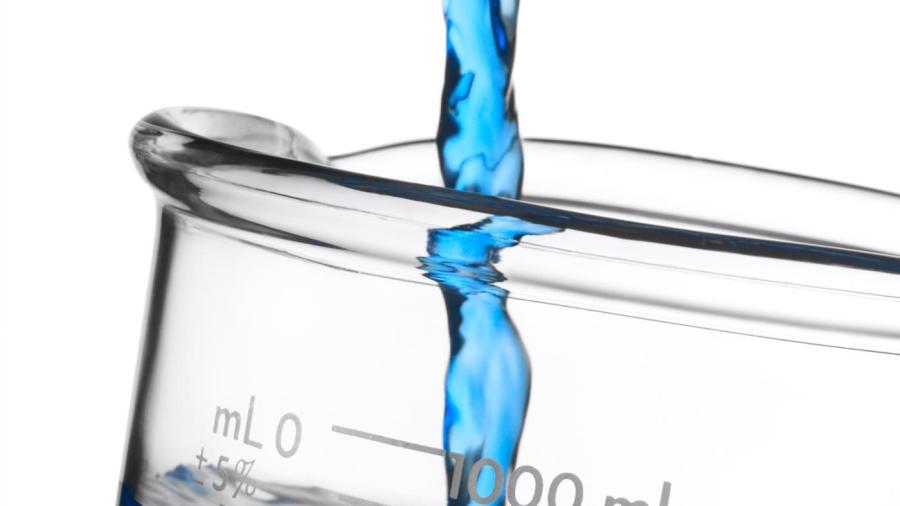What Does “solute” Mean in Science?

A solute is the smaller part of a solution, which in many cases is said to have been dissolved by the solvent. A solution is any mixture that is homogeneous at a molecular level, which means that any given volume of the solution has about the same proportion of type of molecule in the overall solution as the overall solution.
It is also important to note that a solution is different than a compound, and that the solvent and solute do not have either ionic or covalent bonds between them. Accordingly, pure water is not a solution despite having both hydrogen and oxygen atoms, but salt water, which has unbonded sodium and chloride ions dissolved, is a solution.
In liquids, a solution is generally produced by a chemical process. For instance, water becomes salt water when the polar water molecules pull apart the sodium and chloride ions from the salt crystal, which then float in an even distribution through the water. However, gases also form solutions, and these often occur without a chemical reaction between their constituents. Air, for instance, is a solution with nitrogen as the solvent and oxygen, carbon dioxide and other gases as the solutes. It is not a chemical interaction but the nature of gases in general that cause them to form a solution in this way.





